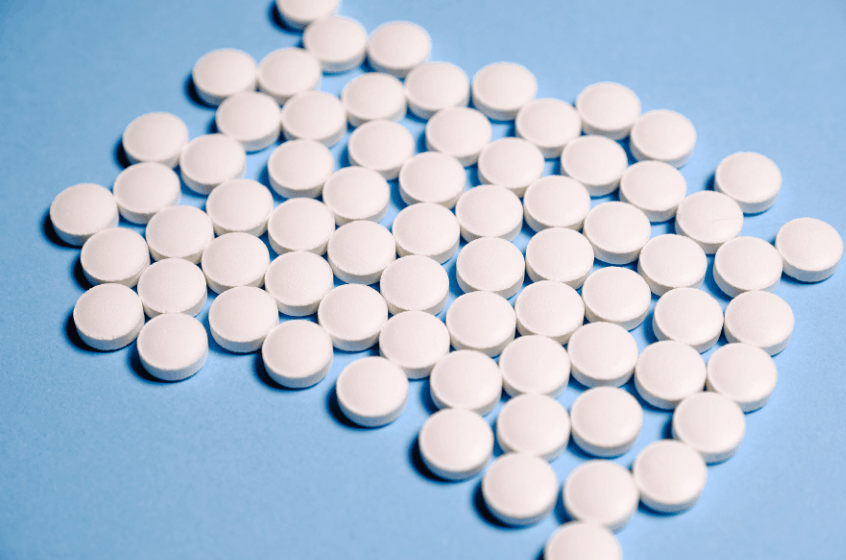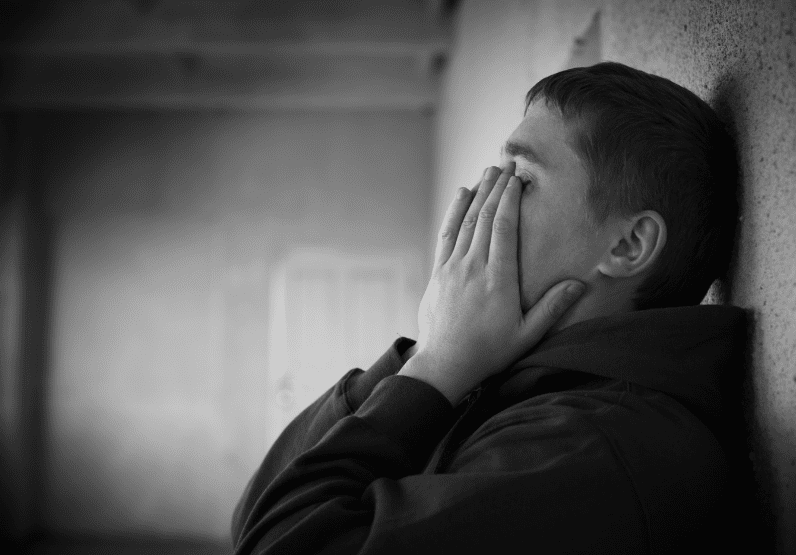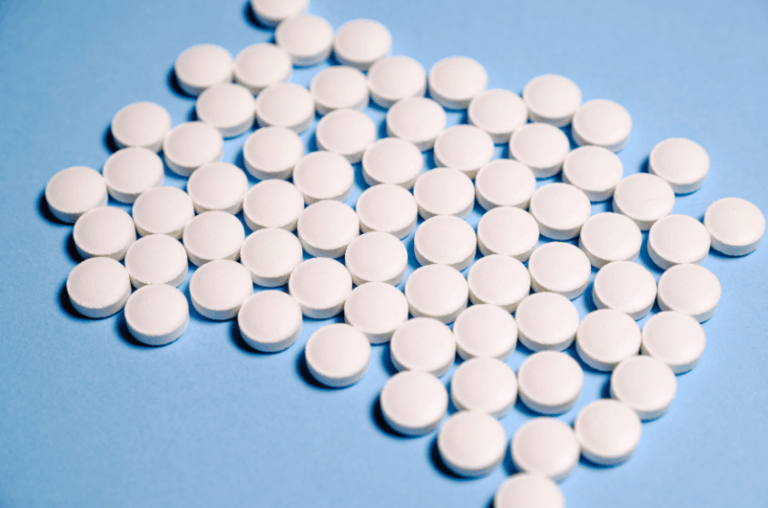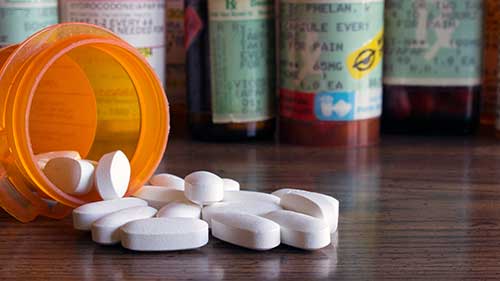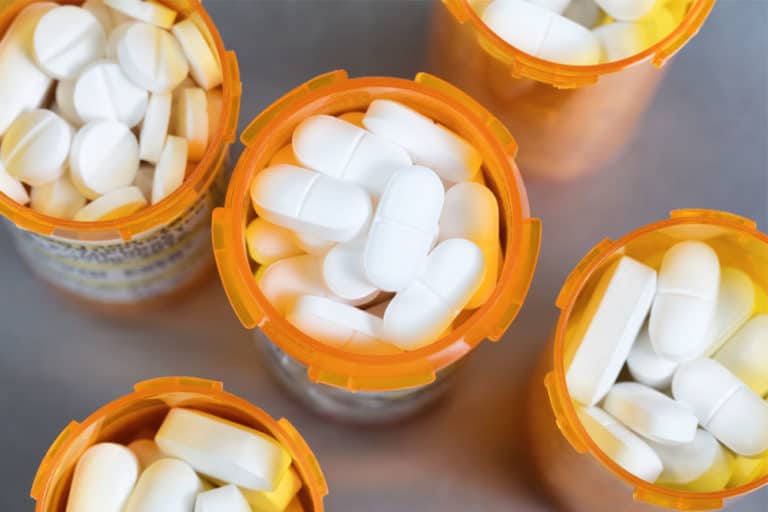Opioid overdoses caused more than 42,000 deaths in 2016, and that number is climbing each and every year. Opioids are commonly prescribed as pain pills, specifically for pain that is associated with injury or trauma. For example, after a car accident or to help someone recover from surgery.
While opioids are incredibly helpful when it comes to pain management, they’re also extremely addictive. Many opioid addicts developed their addiction from a prescription. Many become dependent on their prescription, requiring a higher dosage. Once the prescription runs out, they’re often left with dependence and no access to the drug. This often leads to people turning to street drugs to fill the void.
Steps to Take to Prevent Opioid Addiction
If your doctor prescribed opioids to treat the pain you’re experiencing, and you’re worried about developing an addiction, talk to your doctor about it! While many doctors may be negligent in prescribing the continuous use of opioids, some doctors can help to ensure that you don’t get addicted to the substance.
However, preventing addiction is also on you. Make sure that you take your opioids as prescribed, without going over the recommended dose. Once your prescription ends, try to avoid asking for refills unless absolutely necessary. Check-in regularly with your prescribing doctor on how you’re feeling.
It may be helpful to speak with a psychiatrist or therapist if you’re worried about addiction while on your opioid prescription. They can help you avoid misuse of the drug by teaching you coping mechanisms and more.
Can Opioids be Used Safely?
By using opioids only when you need them and working with a treatment team to ensure your usage is monitored, many can avoid opioid addiction. Unfortunately, there are many doctors who overprescribe these drugs and don’t bother to check in on their patients. These negligent doctors are often the determining factor in whether or not someone will become addicted.
Even with a negligent doctor, there are steps that you can take to prevent an addiction from developing. For example, make sure that you’re only taking the drug when absolutely necessary or when there are no other options. Also, if you have leftover opioids after the pain subsides, return them to a pharmacy. This will prevent you from using them when you don’t really need to.
Warning Signs of Pain Pill Addiction
If you’re worried that you or someone you love is beginning to develop an opioid addiction, there are many warning signs that you can be on the lookout for. It takes some time to develop an opioid addiction, generally a few weeks of using the drug consistently. By using the drug consistently over a long period of time, the body gets used to it and becomes dependent. When the drug isn’t taken, the body goes into withdrawal.
If you attempt to stop taking opioids and experience uncomfortable withdrawal symptoms, this is a telltale sign of addiction. At this time, you may want to reach out to a doctor for help monitoring withdrawal symptoms or stopping opioids safely.
Other warning signs include:
- Thinking about medication frequently
- Constipation
- Nausea
- Euphoria
- Drowsiness
- Increased dose required to relieve pain
- Poor coordination
When to Seek Treatment
If you believe that you or someone you love has developed an opioid addiction, it may be time to seek treatment. It’s important to seek treatment as soon as dependence occurs, as a medical team can help you detox from the drug safely, preventing more severe addiction. If your addiction is severe and has progressed past your prescription, we can help with that too.
To learn more about the programs we offer and how we can help with your opioid addiction, call Asheville Recovery Center today.


